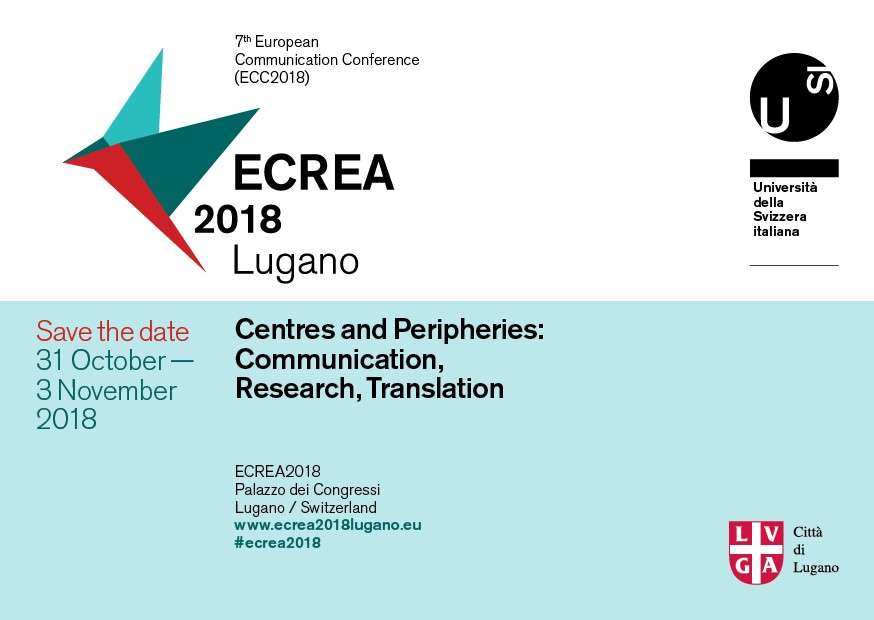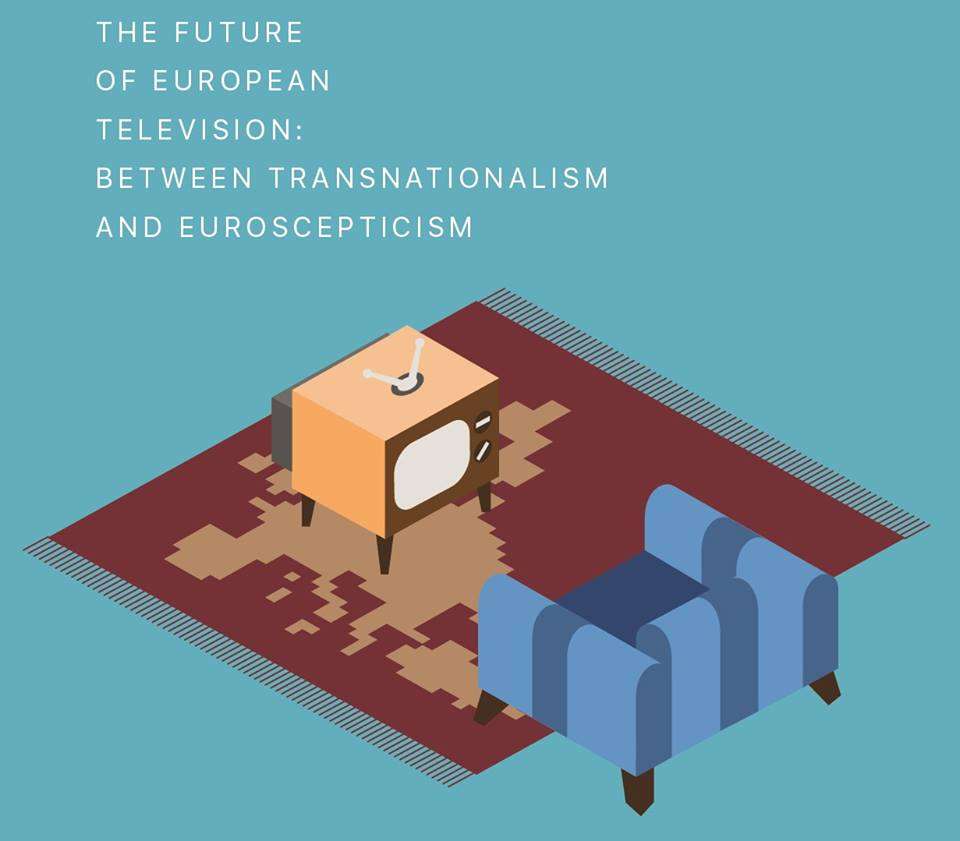
In a world of increased professional mobility, which often transplants scholars internationally for various lengths of stay, I have always felt myself at home with television. No matter where I moved – access being less of a problem today than ever before, I found a way to reconnect with what I loved, explore what is new, and understand the culture (and its misrepresentations) with a little help of my screen friends.









